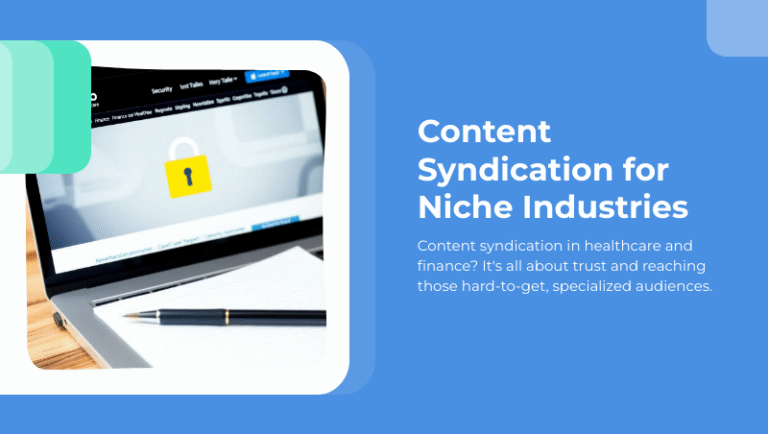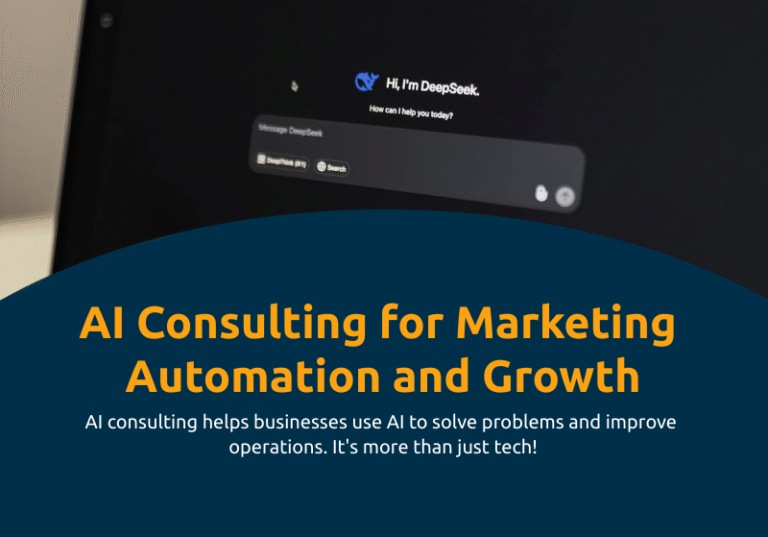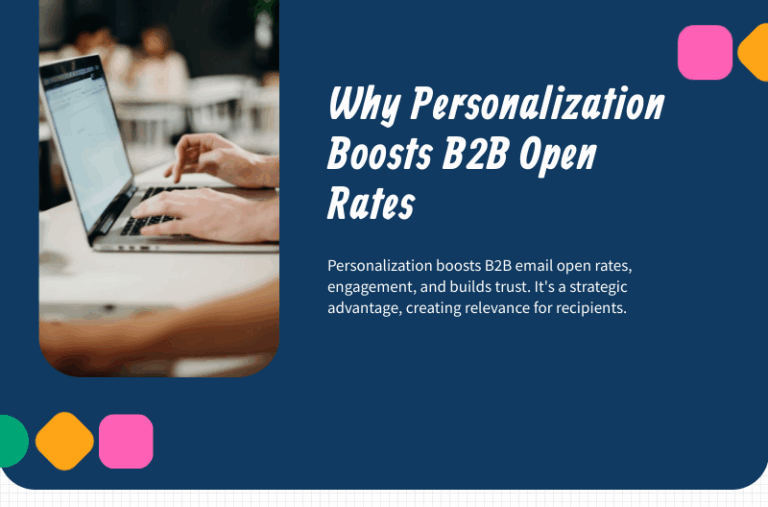
Since the turn of the century, database marketing has grown from a nascent industry at the edge of science fiction to an essential component of contemporary business. Despite its position at the heart of data-driven marketing, though, database marketing’s core concepts aren’t always familiar to business owners or even to traditional marketers. This run-down of some of the discipline’s most important terminology will give you an idea of how conversant you are with database marketing.
RFM – These three letters stand for Recency, Frequency, and Monetary investment. Together, they are powerfully predictive aspects of a lead’s responsiveness. Someone who has bought from you recently, who works with you often, and who has made larger purchases per sale is likely to be one of your most valued customers. Calculating RFM accurately is therefore critical to assessing and ranking leads.
LTV – Another essential performance indicator is your customers’ lifetime value, or LTV. Understand not only what your potential customer is going to spend on one sale but how likely he or she is to make future buys, and you have a much clearer picture of how to invest in that lead. This metric is important because it reveals the customers that might otherwise be lost to a short-term outlook, which is especially critical in B2B business with its lengthier sales cycles.
Data Append – The ability to fill in the blanks on customer account files correlates directly with response rates. In other words, the more you know about your leads, the better you’re able to fulfill their needs and solve their problems. With appended data, you take the information you already know about a prospect and expand it into far more thorough and complete knowledge.
Predictive Modeling – The information contained in your marketing database doesn’t just affect the customer files that comprise it; that data is also the foundation for developing predictive models that tell you about customers you have yet to meet. With predictive models, you and your marketing database manager use your current knowledge to find valuable new markets, learn what appeals most to customers, and create customer personas.
Relational Databases – A relational database is more than a repository for information. It also links data in ways that let you see it from hundreds of different angles, giving you new perspectives from which you can see correlations that might otherwise have remained invisible to you. Any database can retrieve information as it was put into the system, but a relational database enables deep analysis of the connections between data sets.
Business Caller ID – What was once a convenience for call routing has become a way for sales and marketing professionals to bring up a potential customer’s complete record before calling a lead or taking a customer service call. When your staff members personalize calls, they get higher marks for customer service and achieve higher conversion rates.
Custom Websites – With anonymous browser cookies and a relational database, you’re no longer limited to presenting your varied audience segments with a single site. You’re able to give them information that’s relevant to them with customized backgrounds, images, copy, and content.
Multivariate Testing – Also called A/B split testing, multivariate testing lets marketers see what works by giving a portion of their audience two or more choices and assessing which one produced the biggest response. With database marketing, A/B testing that used to take days can now happen in real-time.
Analytics – Nowhere has the data-driven marketing revolution had a greater impact than on marketing analytics. Database marketing services now generate reports during a campaign, not just after it, allowing you to implement your best decisions immediately and affect the current campaign’s success instead of hoping to improve the next time.
List Access – If data is power, list management services are the new marketing powerhouses. By sharing or exchanging lists, businesses instantly expand their marketplace. List rentals give almost unlimited access and opportunities to businesses while earning value on their own lists.
Omni-Channel Marketing – Coordinating a marketing campaign across multiple channels is challenging; collecting and organizing data from these disparate sources would be impossible without database marketing to put the torrent of information into perspective.
Lead Scoring – How do you know where leads are on their buying journeys? How close are they to a purchase, and what can help them bridge the gap? Lead scoring can give you the answers. Increasingly, customers want to see and be rewarded for their rank; they want to be considered gold or platinum buyers and expect loyalty perks in return. This transparent lead scoring system is a direct outgrowth of airlines’ database marketing systems.
The good news is that these concepts are easy to grasp. The better news is that you don’t have to go it alone. Companies that offer database marketing services take care of the fundamentals for you.
© Reach Marketing LLC 2016 All Rights Reserved.



